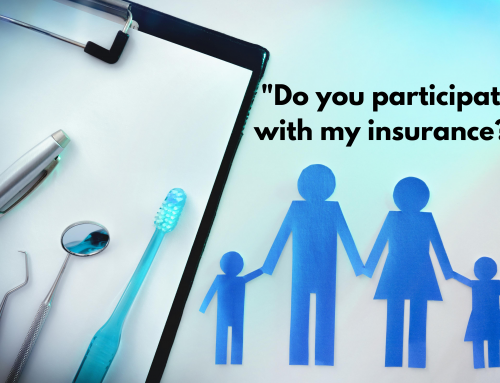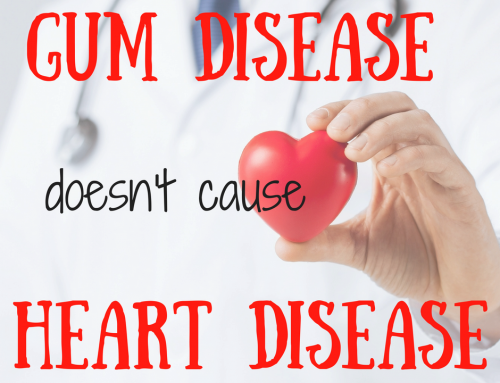This is the second installment I'm writing about dental insurance. The first one is here. I'm fascinated by medical insurance. I'm fascinated by "health insurance reform." Am I fascinated by dental insurance? No. Not at all. Mostly annoyed, really.
I have to admit that there are probably a lot of teeth that have been saved by dental insurance. But the incentives that it sets up for patients are damaging in a similar way. 
(Delta Dental of Michigan's headquarters—–>)
Nice pond!
Let's say a patient has stayed away from dental treatment for a lot of years "because they didn't have dental insurance." Unfortunately, this is an everyday occurrence. They may have a lot of different dental problems from years of neglect. They might have decayed or fractured teeth, gum problems or missing teeth. They're excited to get in and use their new dental benefits and get back to dental health. They have a yearly maximum benefit of $x that they can put toward this dental care.
After examining the patient and diagnosing their dental situation we find that the patient needs $4x of dental work. 
So their dental insurance might cover 25% of the cost of their needed treatment and they've decided that they don't have extra money outside of what their insurance will cover. What does this do?
- First, it makes the patient prioritize what's "most necessary" for treatment. It also makes the dentist attempt to prioritize what would benefit the patient the most knowing that the entire treatment plan won't be done at once. Although prioritizing isn't necessarily a problem it is almost always a compromise in treatment.
- Secondly, it reinforces the idea that dentistry is "expensive." Dental insurance is meant to help with the costs of regular maintenance of dental health. It's not meant to completely pay for dental treatment.
- Finally, it adds an unwelcome aspect to the dentist/patient relationship. Why doesn't my insurance cover more of this treatment?
Dental treatment is expensive. But costs can be controlled and planned for when a patient sees the dentist regularly and there is an open and honest communication between the dentist and patient. The insurance companies often complicate this relationship.
I think one of the problems with this dynamic comes from the confusion between dental insurance and medical insurance. Medical insurances rarely have a cap on how much will be covered in any given year. If a patient has an expensive diagnosis like cancer, medical insurance generally doesn't limit how much will be paid out for a patient's condition. However, cancer treatment costs much more than what a company receives in premium payments for an individual patient. They lose money on that, but society wouldn't stand for an insurance company choosing to limit this payout on a cancer patient.
A question that's worth asking is "when was the last time that money was discussed with you prior to treatment in a medical situation?" In most cases the answer is "never." We don't talk about money when it comes to medicine. Our insurance covers most of the treatment costs most of the time. So we accept this "we don't talk about money" stance from our medical establishment.
Dental insurance defines how much they'll pay in a given year. The patient makes more decisions about what and how much dental treatment they'll receive, because they're making choices about more of their own money.
So, as frustrating as it is to the dentist wanting to offer awesome treatment to their patients, dental insurance requires that we talk about money. At my office, we talk about money before we start treatment so everyone is on the same page. As much as I wish it weren't the case, money determines dental treatment options as much as anything.
Why don't we have the same talk about medicine? Why is health reform such a political hot potato? I would suggest it's because we don't talk about money with patients. Patients will make the best choices for themselves when they're given all the information. I don't pretend to offer solutions to our health care problems, but I do promise to make sure you know how much stuff will cost in my office before we do it.
Surprises are great at Christmas, not at the dental office!
Questions or comments? Feel free to email me at: alan@meadfamilydental.com. I read and answer all of my own email and love to hear from readers of the blog!






It’s a great thing that you have shared something like this about dental health insurance. I have acquired a lot of great information from you.